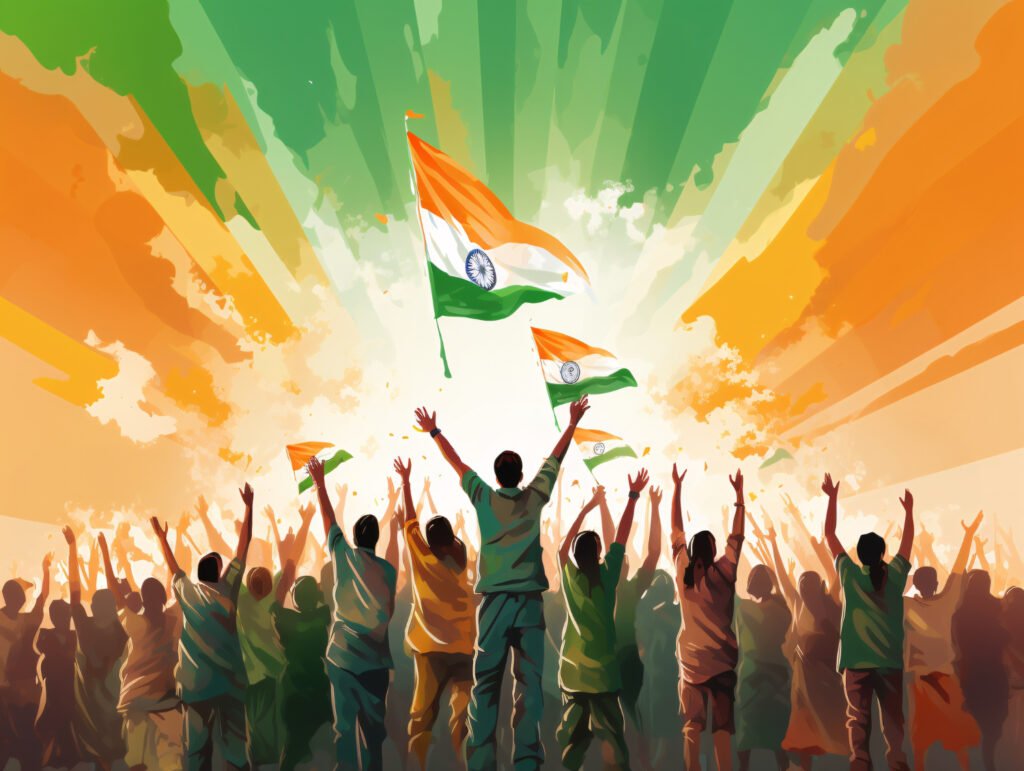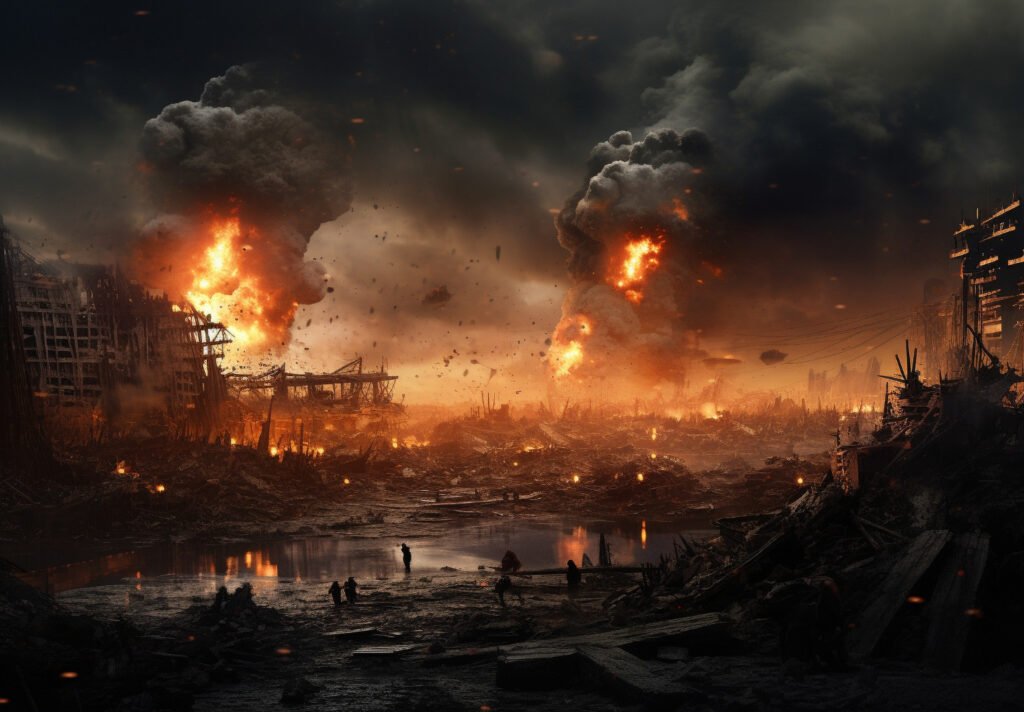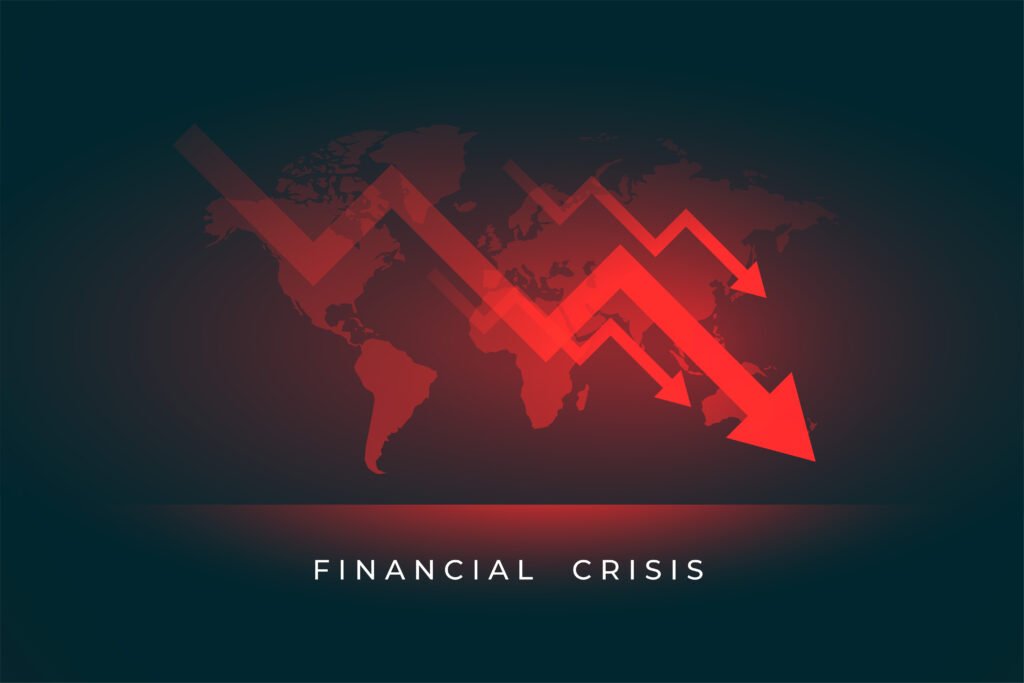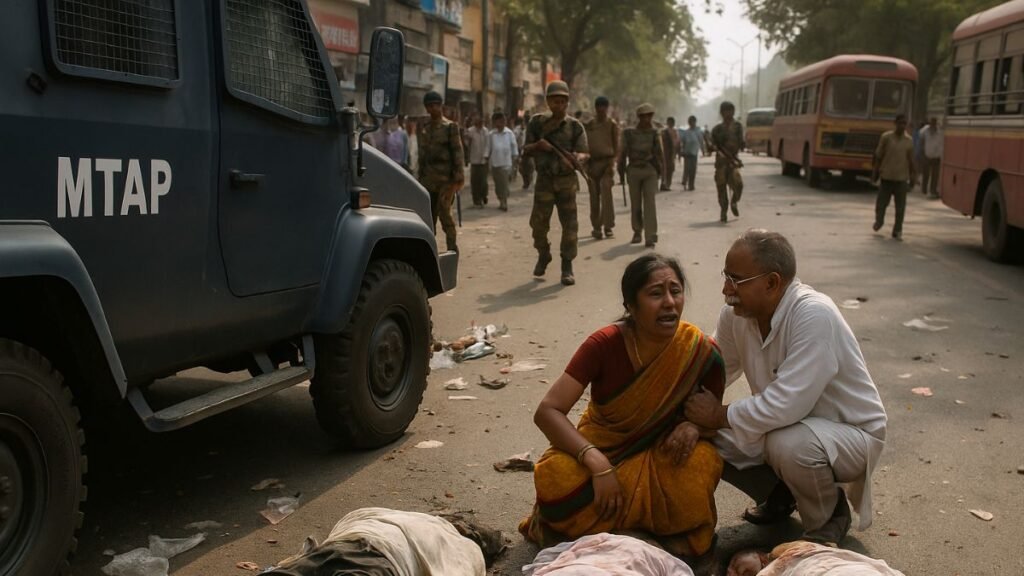In 1947, two nations were born out of one. India and Pakistan stepped into independence carrying the same wounds, but they chose different paths. Over the decades, their destinies have unfolded in opposite directions—one toward democratic evolution, the other, often, toward internal crisis.
The Indian Road: Uneven but Democratic
India’s journey has never been simple. But from the start, it placed its bet on democracy, civil institutions, and a long-term vision of nation-building. That didn’t mean smooth sailing—there were wars, economic breakdowns, political assassinations, and deep internal divisions. But the idea of India remained intact. It grew by questioning itself, arguing, amending, and reforming.

What holds India together isn’t perfection—it’s persistence. The country’s desire to grow, to lead, to reform, and to stand its ground has defined its national identity.
Pakistan’s Political Turbulence
According to Al Jazeera, Pakistan, meanwhile, has struggled to find its political footing. The country waited nearly ten years after independence to finalize its constitution. Since then, its politics have been a tug of war between elected governments and the military, with the latter often holding the upper hand.
Military coups, emergency rules, and brief democratic experiments have left little space for consistent civilian leadership. Power often comes and goes, but the army remains the real force behind the curtain.
Balochistan: A Struggle for Voice and Resources
The Balochistan conflict isn’t new, but it remains unresolved. Rich in minerals and natural gas, Balochistan is also Pakistan’s most underdeveloped region. Roads, hospitals, education—everything lags behind. And locals are asking why.

The answer they often receive is silence—or worse, suppression. Many Baloch want greater autonomy. Some want complete independence. The state’s response has largely been military. Enforced disappearances, blocked media access, and heavy-handed operations have only deepened the anger.
Projects like the China-Pakistan Economic Corridor (CPEC) promise development but are seen by locals as extractive and exclusive. The region gives, but rarely gets.
| Issue | Baloch Perspective | Government Perspective |
|---|---|---|
| Resource Control | Exploitation by the central government | National development priority |
| Autonomy | Demand for local control | Threat to national unity |
| CPEC Projects | Benefiting outsiders, not locals | Economic growth opportunity |
| Human Rights | Enforced disappearances, military excesses | Security measures in troubled areas |
Democracy on Trial: The Imran Khan Chapter
According to Siasat, The ousting of former Prime Minister Imran Khan in 2022 threw Pakistan into deeper political unrest. His party, PTI, faced crackdowns. Leaders were arrested, rallies blocked, and media coverage restricted. When the 2024 general elections arrived, many already expected what followed—claims of interference, low credibility, and a growing public disconnect.
Pakistan’s military continues to dominate not just policy, but perception. It shapes what people see, hear, and believe—especially through tight control of media and dissent.
An Economy in Crisis
While the politics worsen, so does the economy. Inflation eats into everyday life, fuel and food prices soar, and the government walks a tightrope between IMF demands and public outrage. For many ordinary Pakistanis, it feels like the ground is shrinking beneath their feet.

Faith in leadership—civilian or military—is wearing thin. And in the absence of reforms or relief, protest is becoming the loudest language.
Nuclear Weapons, Political Recklessness
As a nuclear power, Pakistan holds serious responsibility. But it has also earned global concern. Threats of nuclear retaliation—especially during escalations with India, like Operation Sindoor—are not only dangerous but diplomatically reckless.
When ministers speak casually of nuclear options, it sends a signal: that these weapons, meant for deterrence, are being used as tools of political posturing.
The Regional Fallout
Pakistan’s long-standing policy of aligning with foreign powers—first the West, now China—was always about countering India. The doctrine of “bleeding India by a thousand cuts” defined an era of cross-border terrorism that brought untold suffering.
This hostile posture broke down regional trust. SAARC never achieved its promise. Trade, culture, cooperation—all were sacrificed at the altar of conflict. The region remains fragmented, stuck in a cycle of mistrust.
The Human Cost of Terror
India has paid a heavy price for decades of cross-border violence. From bomb blasts in crowded markets to armed intrusions across its borders, terrorism has left deep marks on the nation’s conscience. It has influenced policies, shaped military strategy, and changed the way India views its neighbors.

For countless families, the loss is personal — sons, daughters, parents gone in an instant. Their grief rarely makes headlines, but it never disappears. Cities struck by terror have rebuilt, but the sense of unease remains. The threat hasn’t vanished. It waits, sometimes quietly, but always close.
South Asia’s Global Image
Despite a global diaspora that excels in science, business, and the arts, South Asia still battles an unfair image. The shadow of terrorism, religious extremism, and political instability lingers. Many abroad don’t see the complexity—only the headlines.
This collective image problem affects everyone: Indians, Pakistanis, Bangladeshis. Whether it’s visa queues, airport profiling, or offhand insults, the weight of geopolitics often falls on the shoulders of everyday people.
Read More: Can Musk Really Break Trump’s Grip on Power?
Watch India Pakistan Breaking News on The Ink Post. Get Latest Updates, Latest News on Movies, Breaking News On India, World, Explainers.
Follow us on Facebook and Instagram and LinkedIn and Twitter to Stay updated!


